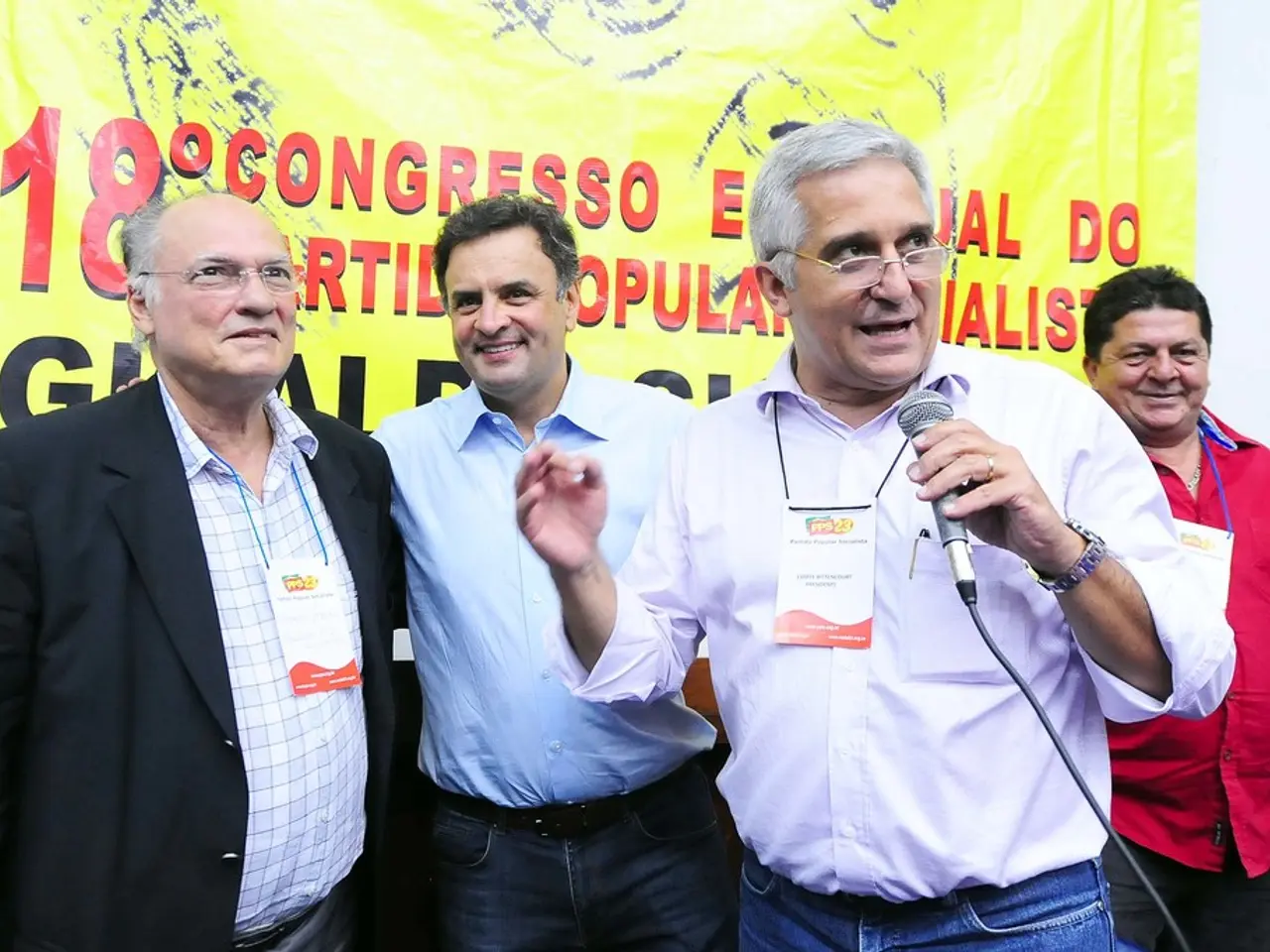Agencies, according to OPM, have the power to disregard telework contracts set by unions.
In a series of moves, the Donald Trump administration has targeted union contracts and telework policies within federal agencies, sparking concerns about potential erosion of collective bargaining rights and legal challenges.
According to Matt Biggs, president of the International Federation of Professional and Technical Engineers, the administration is seeking to set a precedent to override union contract provisions on a unilateral basis. This assertion comes as the Office of Personnel Management (OPM) has instructed agencies to unilaterally repudiate provisions in workforce collective bargaining agreements (CBA) governing telework within 30 days.
The OPM's call to action followed a memo from Acting OPM Director Charles Ezell, who argues that the substantive amount and eligibility for telework is a management right, and thus non-negotiable within the context of union bargaining. Any provisions that require agencies to provide minimum telework levels, or prevent agencies from setting maximum telework levels, are likely unlawful, according to Ezell's memo.
The issues targeted by the Donald Trump administration include official time and automatic dues collections, as well as telework policies. The OPM has demanded agencies comply with Trump's telework order within 30 days, a demand that has been met with resistance from unions.
The American Federation of Government Employees (AFGE) National President Everett Kelley warned that the union will not acquiesce to the administration's effort to skirt federal labor law. Kelley cites an excerpt from Title 5 of the U.S. Code that states the enforcement of a presidential policy or regulation that conflicts with a union contract constitutes an unfair labor practice. Union contracts, Kelley emphasises, are enforceable by law, and the president does not have the authority to make unilateral changes to those agreements.
Unions have found a workaround in the form of alleging unfair labor practices as part of the arbitrated grievance process. However, the timeframe for a decision is much longer than through a ULP under a fully staffed FLRA. The FLRA's unfair labor practice process is hamstrung due to the absence of a Senate-confirmed general counsel for eight years.
The federal court system has not provided relief to unions in the short term regarding anti-union executive orders issued in 2018. Don Kettl, professor emeritus and former dean at the University of Maryland School of Public Policy, warns that the Donald Trump administration is seeking to set a precedent to erase other union contract provisions on a unilateral basis.
The Donald Trump administration's moves have not gone unnoticed on Capitol Hill. House Oversight Republicans have opened Congress with rants against telework and unions. Suzanne Summerlin, an independent labor attorney, states that the memo disregards basic definitions of terms outlined in federal labor law.
As the situation unfolds, it is clear that the Donald Trump administration is targeting basic processes and practices inside government to which it objects, and is inviting legal challenges. The unions, for their part, are standing firm, vowing not to acquiesce to what they see as an attempt to undermine federal labor law.
Read also:
- United States tariffs pose a threat to India, necessitating the recruitment of adept negotiators or strategists, similar to those who had influenced Trump's decisions.
- Weekly happenings in the German Federal Parliament (Bundestag)
- Southwest region's most popular posts, accompanied by an inquiry:
- Discussion between Putin and Trump in Alaska could potentially overshadow Ukraine's concerns





